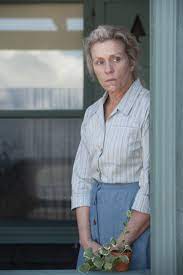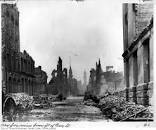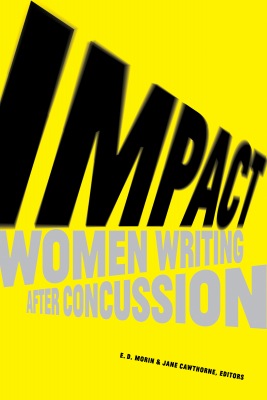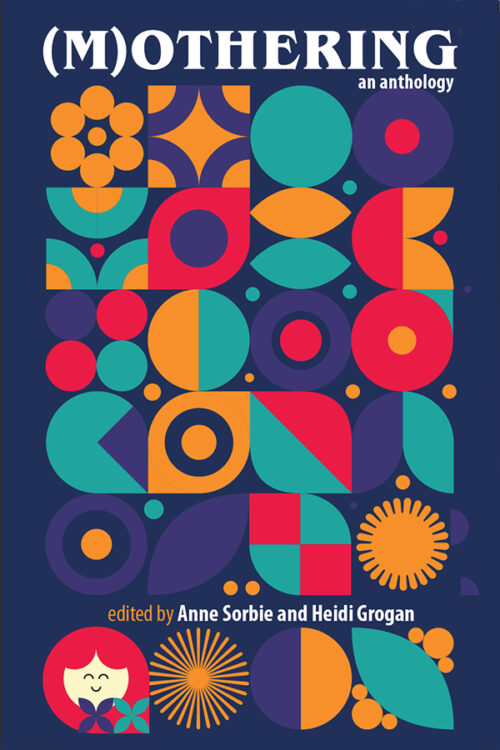According to an article in The Guardian, men generally don’t read books about women. They tend not to read books by women either. M.A. Sieghart reports that ”men were disproportionately unlikely even to open a book by a woman.”
That’s a darn shame. I don’t want to go to any sexist Venus and Mars place, but I think about this and wish I could speak to the dearest men in my life about some of the dearest fictional women in my life. I think they might get insight into the lives of women. That is, I think they might get insight into me. Sometimes these fictional women say the things I cannot. Read the first page of Claire Messud’s The Woman Upstairs, for example.
Recently, my husband read Olive Kitteridge by Elizabeth Strout. I was on a real Strout binge and was prepping Olive, Again for my book club. Olive was in my mind and even in my dreams. I would wake up and be in the passenger seat of Olive’s car, her big black purse crowding me. When I had concerns, I would wonder what Olive would think. Oh, let me tell you, I was in deep. There are so many ways I relate to this difficult and imperfect woman. There is Olive in me. This I know.
What a treat it was to be able to discuss her. Olive makes me feel normal. Or sort of normal.
Similarly, I was just watching the new show on Julia Child, Julia (HBO) and in the first episode of season one, there is Julia, all hot flashy and having a conversation about menopause with her doctor. When she finally tells her husband she is changing, it is a moment of great tenderness.
It’s lovely thinking about men watching this show (if they do) and witnessing a conversation like this and adding it to their general experience. That way, when such a time crops up in real life, they are not in a conversation that seems to come from Venus, but from this very earth. Maybe it will help all earthlings along the spectrum of sex and gender communicate just a wee bit better. Isn’t that what fiction is for? To help us understand each other?
Sieghart writes, ”If men don’t read books by and about women, they will fail to understand our psyches and our lived experience. They will continue to see the world through an almost entirely male lens, with the male experience as the default. And this narrow focus will affect our relationships with them, as colleagues, as friends and as partners. But it also impoverishes female writers, whose work is seen as niche rather than mainstream if it is consumed mainly by other women.”
As a woman about to release a book about women, this matters to me.





